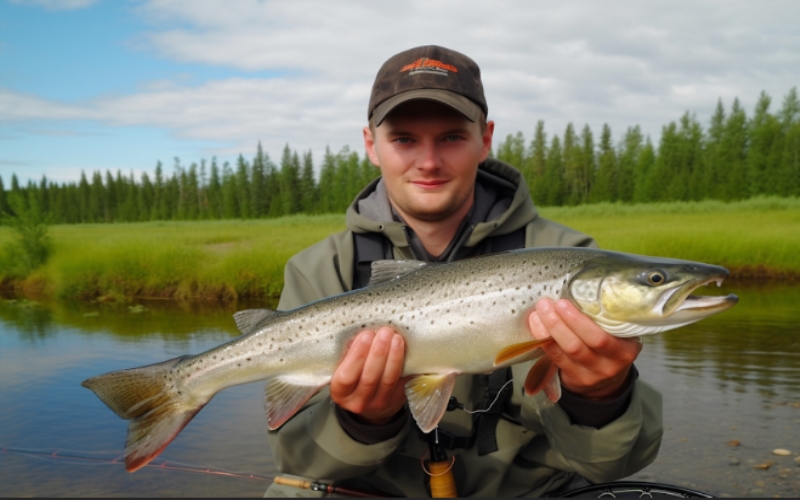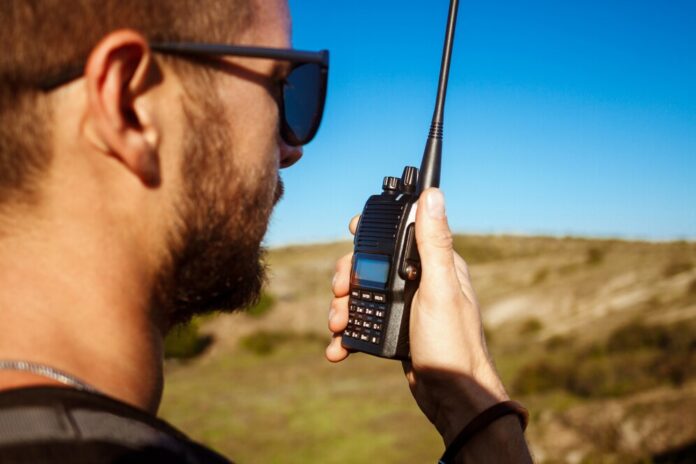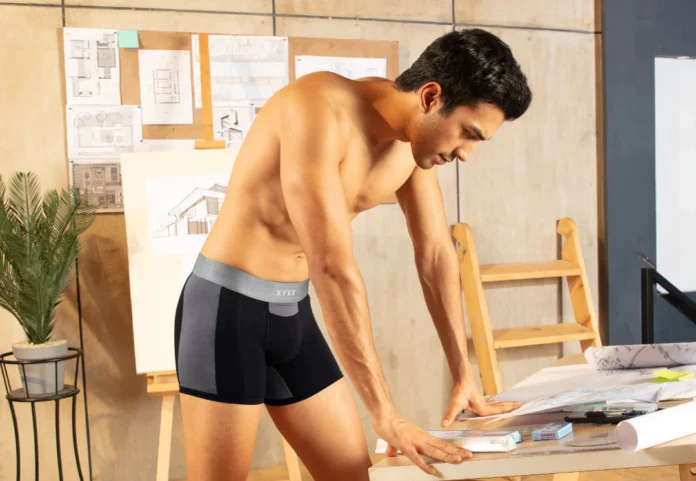Float fishing is a highly effective technique for a wide variety of species. With a float rig, you can expertly present your bait and detect even the most subtle bites. However, equipping your rod properly is key to success. This guide will walk through the key gear considerations and best practices for setting up a float fishing rod and reel.
Selecting the Right Float Rod
Choosing the right rod blank is the foundation of your setup. Look for a rod that is long enough for making long, accurate casts but not so long that it becomes cumbersome for playing fish. Rods between 10-12 feet are ideal for float fishing. The power and action are also important. Moderate or medium power with a medium, moderate fast, or medium fast action is versatile for float fishing applications. This provides sufficient backbone to handle the species you’ll target while remaining sensitive enough for strike detection.
Choosing the Reel
Picking the reel is your next key decision. Go with a medium-sized spinning reel in the 2500-4000 size range. This allows you to hold plenty of line while still being lightweight enough for all-day casting. Match the reel size to the rod power and your target species. Look for a reel with a smooth drag and quality gearing.
Picking Appropriate Line and Leader
Your line and leader choices will depend on water conditions and species being targeted. For most float fishing, 8-12lb monofilament or fluorocarbon line paired with a 3-5 foot 8-15lb fluorocarbon leader provides a good balance of strength, abrasion resistance, and invisibility. Using a lighter pound test line can allow for more natural baits. Heavier line may be required in areas with toothy critters.
Attaching Floats and Sinkers
Float and sinker choice should match your fishing depth and conditions. Smaller floats such as a thin pencil float work well in calm water while larger and more buoyant floats are better for choppy conditions. Use the minimum size sinker needed to cast effectively based on your bait. Too much weight negatively impacts bite sensitivity. Step-by-step instructions at the link kirill-yurovskiy-fishery.co.uk/reports/
Using Proper Hooks and Baits
Hook selection depends on the size and type of bait. For livebait rigs, a size 6-2 octopus or circle hook matched to bait size allows for a good hookset. For rigs with synthetic baits, slightly smaller hooks ensure proper fit. Bait choice can be live or artificial and should match the forage in the area.
Adding Rod and Reel Accessories
Consider adding a few key accessories to your rig. A float stop or bead helps secure your float in place. Snap swivels make changing components quick and easy. Using a reel with an anti-reverse handle prevents line from backlashing. Dampeners on the line also reduce coil memory for better casting and presentation.
Setting the Drag
Properly set drag is vital when float fishing, allowing line to peel off smoothly when a fish takes the bait without too much tension. Set the drag just tight enough to prevent the line from pulling off the reel while not impeding a hook set. Continue adjusting as needed when fighting fish.
Casting Considerations with Float Rigs
The bulk of float rigs requires some adjustment from normal casting. Use lighter, more open bail casts and target specific spots rather than maximum distance. Let the float settle completely before engaging the reel to prevent tangling. Casting sideways to the current can also help improve float presentation.
Detecting Subtle Bites When Float Fishing
The visual aspect of float fishing lets you detect the most delicate bites. Keep your eye on the float at all times. Watch for unnatural movements, twitching, bobbing, or stopping of the float rather than just disappearances. Setting the hook immediately when the float shows any slight change often hooks otherwise tentative fish.
Playing and Landing Fish on a Float Setup
Once hooked up, avoid aggressively yanking fish in. Let the rod and smooth drag do the work, making sure your line to the fish stays somewhat slack. Don’t grab the line. If needed, loosen drag slightly mid-fight. Use a net for easier landing. Keep the float out of the way while playing a hooked fish.
Maintaining and Storing a Float Fishing Rig
Take proper care of your float rig to prevent tangles and damage. Rinse all components after each use and allow to dry fully. Check for damaged line or leaders. When storing, avoid bending rod blanks. Disassemble reels periodically for cleaning and lubrication. Keep line tight on the reel spool.
Proper setup and technique is key to success when float fishing. Follow these guidelines on choosing the right rod, reel, line, floats, and other components. Set your gear up strategically based on conditions. Practice good casting and bite detection. Take care of your tackle. An optimally equipped and expertly fished float rig will help you catch more and bigger fish.







